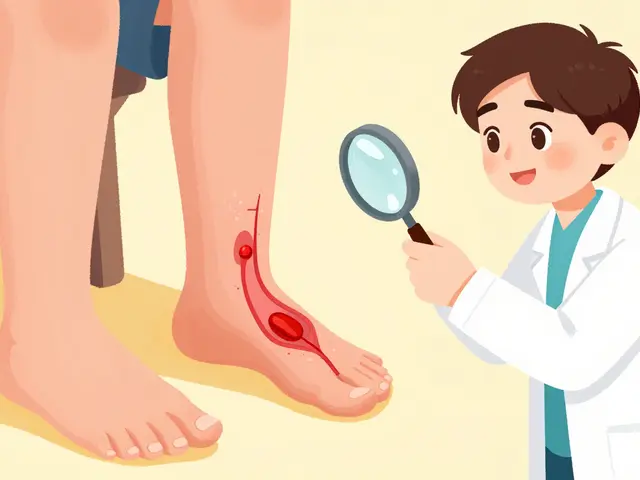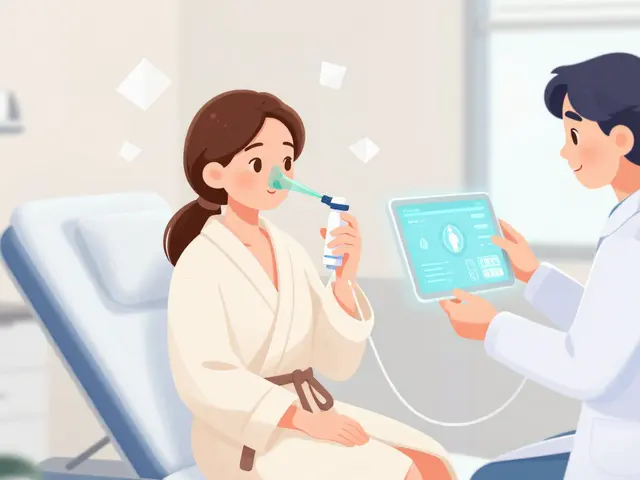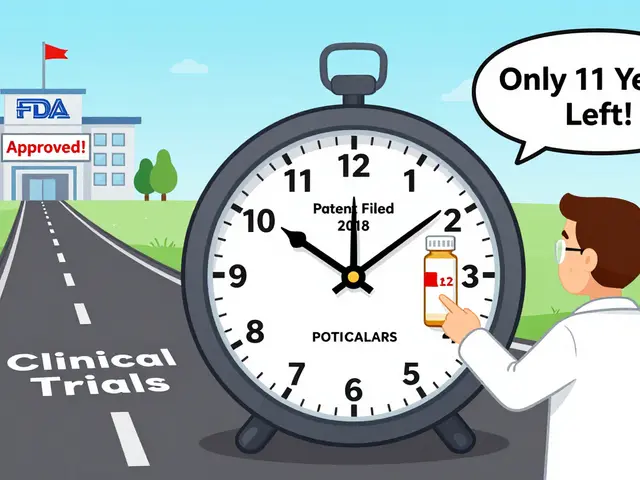GLP-1 RA Shortage: What to Do Right Now
Worried about a GLP-1 RA shortage? You’re not alone. Shortages of drugs like semaglutide (Ozempic, Wegovy) and similar GLP-1 receptor agonists can happen when demand jumps, factories slow down, or regulators pause shipments. Here’s a clear, practical plan you can use today—whether you’re a patient trying to keep blood sugar and weight stable or a clinician managing limited supplies.
Immediate steps for patients
First, don’t stop your medication without talking to your prescriber. Abrupt changes can cause blood sugar swings, nausea, or other problems. Call your clinic and ask about short-term options: dose adjustments, spacing doses, or switching to an approved alternative. If you use GLP-1 for diabetes, your doctor may suggest temporary insulin or other oral meds while supply is limited.
Next, check your pharmacy supply. Ask if they have a waitlist or can recommend nearby pharmacies with stock. Some chains allow transfers between locations. If considering an online pharmacy, only use verified, licensed outlets — avoid deals that look too good to be true. Counterfeit or improperly stored injectables can be dangerous.
Think about prioritizing who needs the drug most: people with poorly controlled diabetes, recent cardiovascular events, or severe obesity-related complications should be first in line. If you’re in a stable condition, your clinician might recommend a short pause while higher-risk patients get access.
Options for prescribers and clinics
Clinics can help by reviewing patient lists to identify high-risk individuals and by communicating realistic timelines to patients. Consider temporary dose-sparing strategies only when evidence supports them, and document any off-label substitutions. Work with local pharmacies and wholesalers to understand incoming allocations.
When switching therapies, pick alternatives with a clear safety track record for the patient’s condition. For type 2 diabetes, options include metformin, SGLT2 inhibitors, DPP-4 inhibitors, or basal insulin depending on individual needs. For weight management, behavioral programs and approved medications should be discussed.
Pharmacies and prescribers should warn patients about compounding pharmacies that claim to make GLP-1 injectables. Compounded versions may not match the original drug’s quality, dosing, or sterility. If a patient must use a compounded product, confirm the pharmacy’s accreditation and ask for batch testing or sterility evidence.
Finally, keep patients informed. Shortages cause anxiety; timely, honest updates reduce panic prescribing and stockpiling. Share guidance about safe storage, waste disposal, and what side effects should trigger immediate care.
Shortages are frustrating, but careful triage, verified alternatives, and clear communication keep people safe. If you need help finding legitimate pharmacies or want printable talking points for patients, UniversalDrugstore.com has resources and reviews to guide safe choices.
Navigating Type 2 Diabetes Treatment: Addressing GLP-1 RA Drug Shortages in England and Northern Ireland
Amidst a global shortage of GLP-1 RA medications, patients with type 2 diabetes in England and Northern Ireland have a new line of hope with Mounjaro. Recent health alerts and safety notices guide clinicians on prescription practices to mitigate the crisis.
Read More





